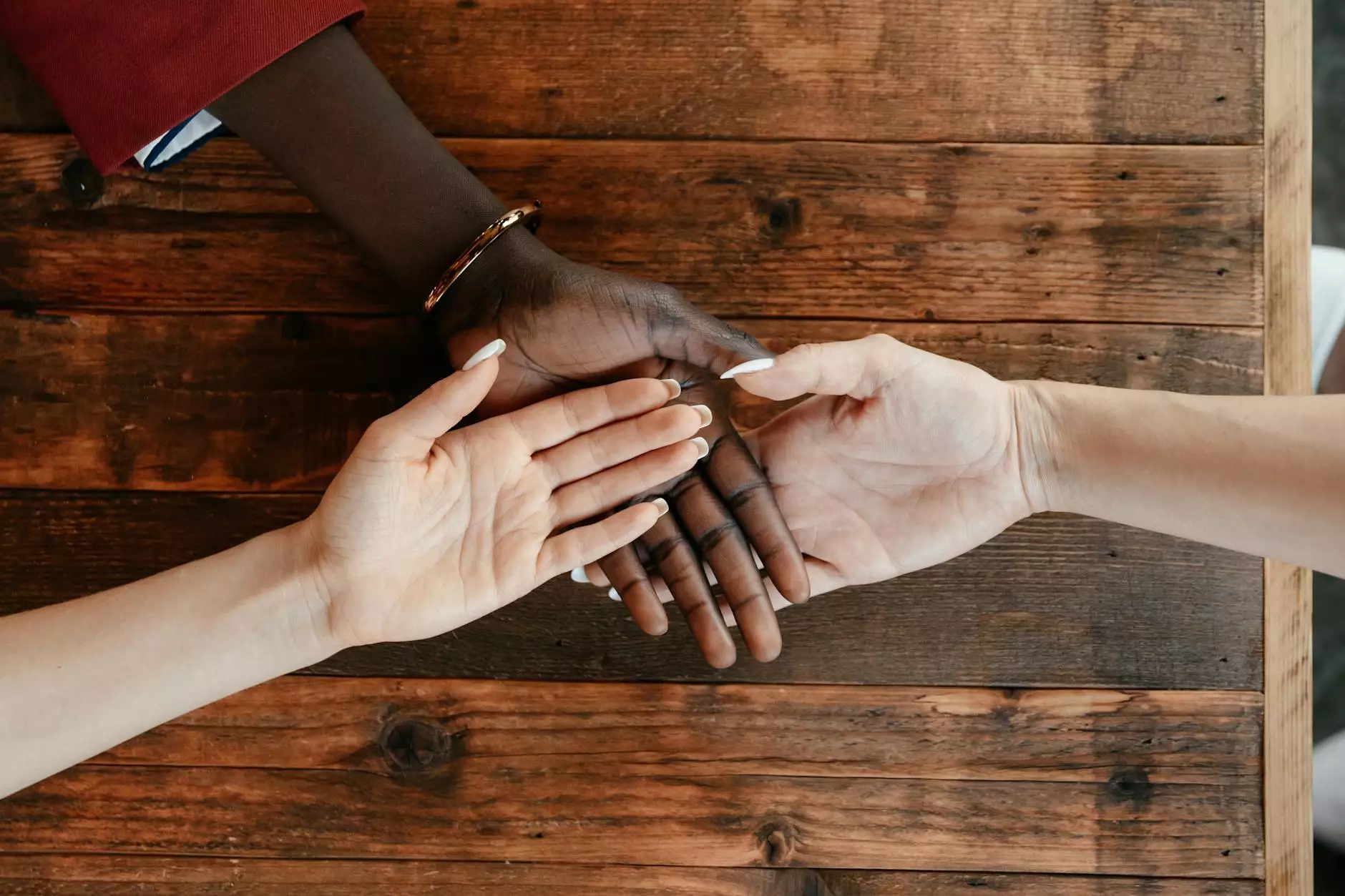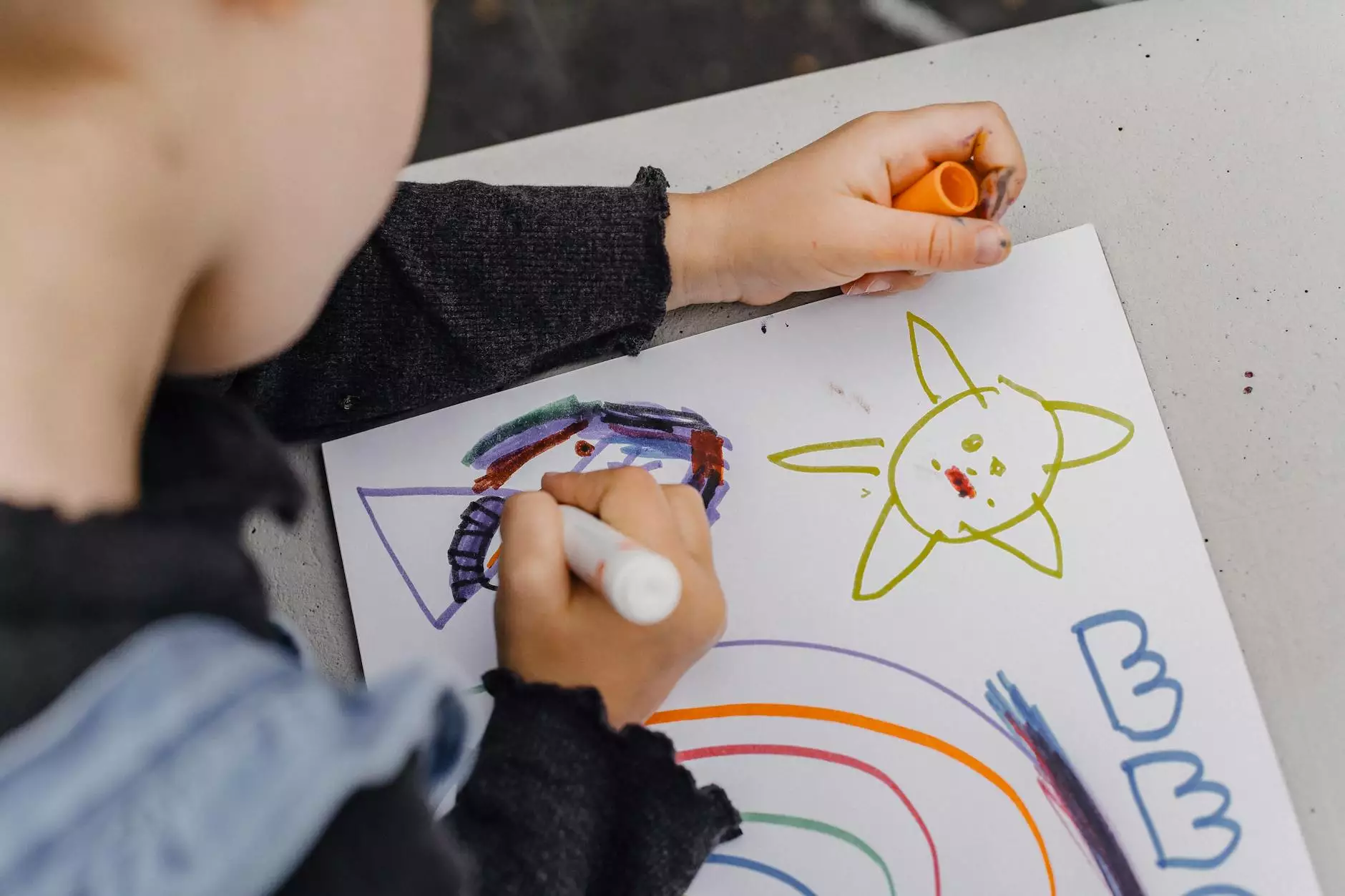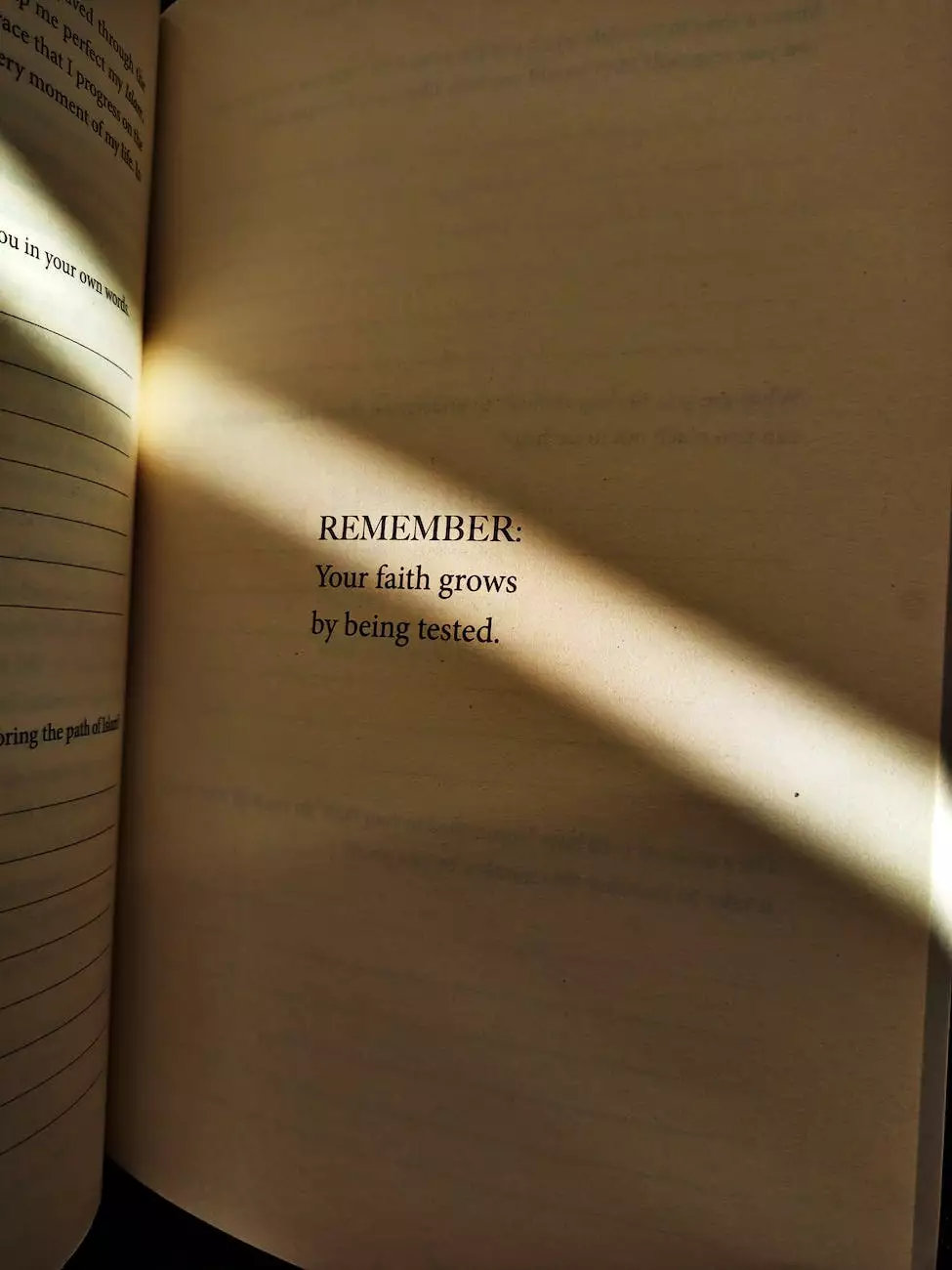What's The Difference Between GATHER and GET TOGETHER
English Vocabulary Lessons
Introduction
Welcome to NJCLT's English vocabulary lesson where we explore the nuances of two commonly used words: 'gather' and 'get together'. Understanding the distinction between these words is crucial for effective communication in English.
Gather
Gather, as a verb, means to collect, assemble, or bring things or people together. It implies a purposeful action where individuals or things are brought closer in a specific location or for a particular reason.
For example, you might gather information, gather belongings, gather evidence, gather data, or gather your thoughts. Essentially, gathering involves a focused effort towards accumulating or obtaining something.
Get Together
Get together, on the other hand, is a phrasal verb that means to socialize or meet in a casual or informal manner. It refers to a gathering of individuals for the purpose of spending time together, often without a specific agenda or purpose.
When you get together with friends, family, or colleagues, the emphasis is on the social aspect and enjoying each other's company without any particular goal in mind.
Comparing 'Gather' and 'Get Together'
To better differentiate 'gather' and 'get together', let's explore some specific scenarios:
Gather
- Gathering research data for a report
- Gathering ingredients for a recipe
- Gathering evidence for a court case
- Gathering resources for a project
- Gathering books for a book club meeting
Get Together
- Getting together for a casual lunch with friends
- Getting together for a family reunion
- Getting together with colleagues for a post-work gathering
- Getting together for a game night with neighbors
- Getting together with classmates for a study group
Usage Examples
Understanding the usage of 'gather' and 'get together' in real-life situations is essential for effective communication:
Gather
1. Gathering information: I need to gather information about the hotel before making a reservation.
2. Gathering resources: The team will gather resources for the new project next week.
3. Gathering belongings: Please gather your personal belongings and exit the premises immediately.
Get Together
1. Getting together with friends: Let's get together for a movie night this weekend.
2. Getting together with colleagues: We should get together for a team-building activity after work.
3. Getting together with family: Our extended family gets together once a year for a reunion.
Conclusion
While 'gather' and 'get together' share similarities, their distinctive meanings and usage set them apart. By understanding these nuances, you can accurately express your intentions and ensure effective communication in English. Practice using both words in various contexts to strengthen your language skills.
Remember, at NJCLT, we strive to provide comprehensive English lessons to help you become proficient in the language. Explore our website for more valuable resources and enhance your English vocabulary today!










